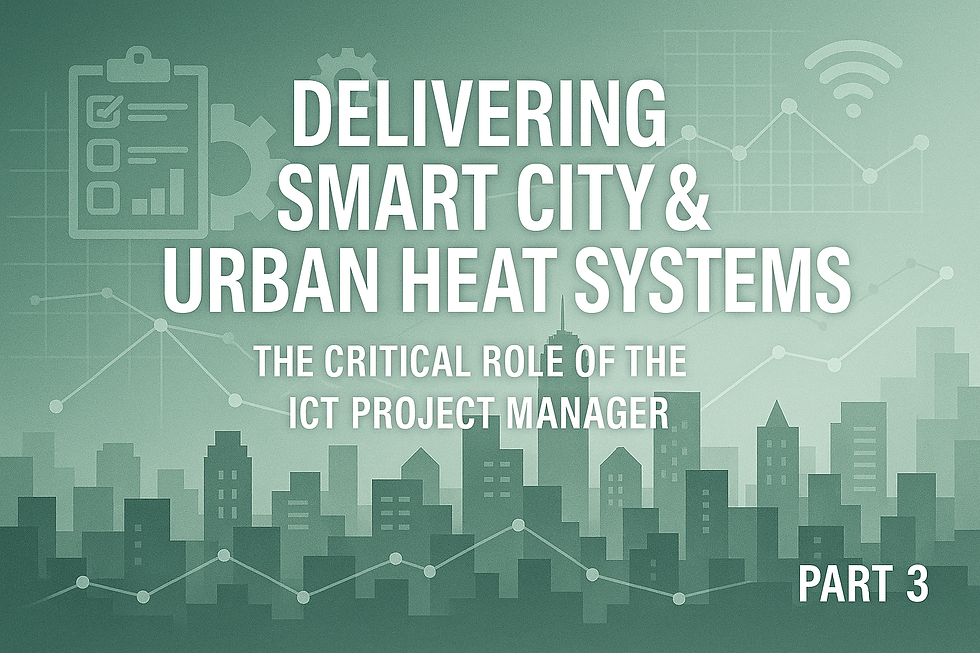AI in Research: Essential but Not Enough
- Calvin Mousavi
- Oct 28, 2025
- 2 min read
The first in a series exploring how artificial intelligence is transforming the research process — and why human insight still matters.

The rise of intelligent research
Artificial Intelligence has entered the world of research with inevitability. From processing vast datasets to simulating complex systems, AI has become indispensable for modern discovery. It can identify patterns invisible to the human eye, generate hypotheses in seconds, and even draft academic papers.
Yet despite its speed and precision, something is still missing. Research has never been about automation — it’s about curiosity, context, and the courage to ask questions no dataset can yet answer.
“AI can process information — but only humans can turn it into understanding.”
This is where the boundary between artificial and human intelligence lies. AI is becoming essential in research, but it will never be enough on its own.
Where AI shines
In recent years, the most time-consuming parts of the research lifecycle have been transformed by AI-driven tools:
Literature review automation that can summarise thousands of publications overnight.
Data analytics that reveal complex relationships in genomics, energy systems, or social behaviour.
Predictive modelling that simulates outcomes far faster than any human team could.
These advances allow researchers to move from “searching” to “interpreting”—freeing up time for more profound insight. AI has become the ultimate assistant, accelerating the routine so humans can focus on the extraordinary.
Where AI stops
But progress is not the same as understanding. AI lacks the very traits that make research human: context, intuition, and ethical judgment. It can surface correlations but not meaning. It can predict outcomes but not explain why they matter.
The danger lies in mistaking efficiency for truth. Without critical evaluation, research risks being driven by algorithmic convenience rather than intellectual curiosity. As models grow more powerful, the human responsibility to question their assumptions becomes more important — not less.
The irreplaceable human dimension
Every breakthrough begins with an act of imagination — not computation. It takes human experience to frame the right question, interpret results within context, and recognise when a finding challenges what we thought we knew.
AI can extend the reach of our intellect, but it cannot replicate the spark of insight that defines discovery. The best research has always combined rigour with reflection, and that balance must remain even as machines join the process.
Collaboration, not substitution
The future of research will depend on collaboration between human and machine intelligence. Imagine AI as a co-investigator — one that augments creativity rather than replaces it. Researchers who learn to design, question, and validate AI’s findings will unlock entirely new modes of inquiry.
AI will become as natural to the research process as statistics once were — a tool, not a threat. But tools only have meaning in the hands of thinkers who know what they’re trying to build.
🔮 Looking ahead
This article marks the beginning of a new series exploring AI and the evolving nature of research. In the following pieces, I’ll examine:
How AI assists hypothesis generation and redefines the early stages of discovery
The limits of machine learning and what happens when algorithms meet uncertainty
The ethics of AI-driven research, from authorship and bias to intellectual ownership
And why critical thinking remains the highest form of intelligence — human or artificial




Comments